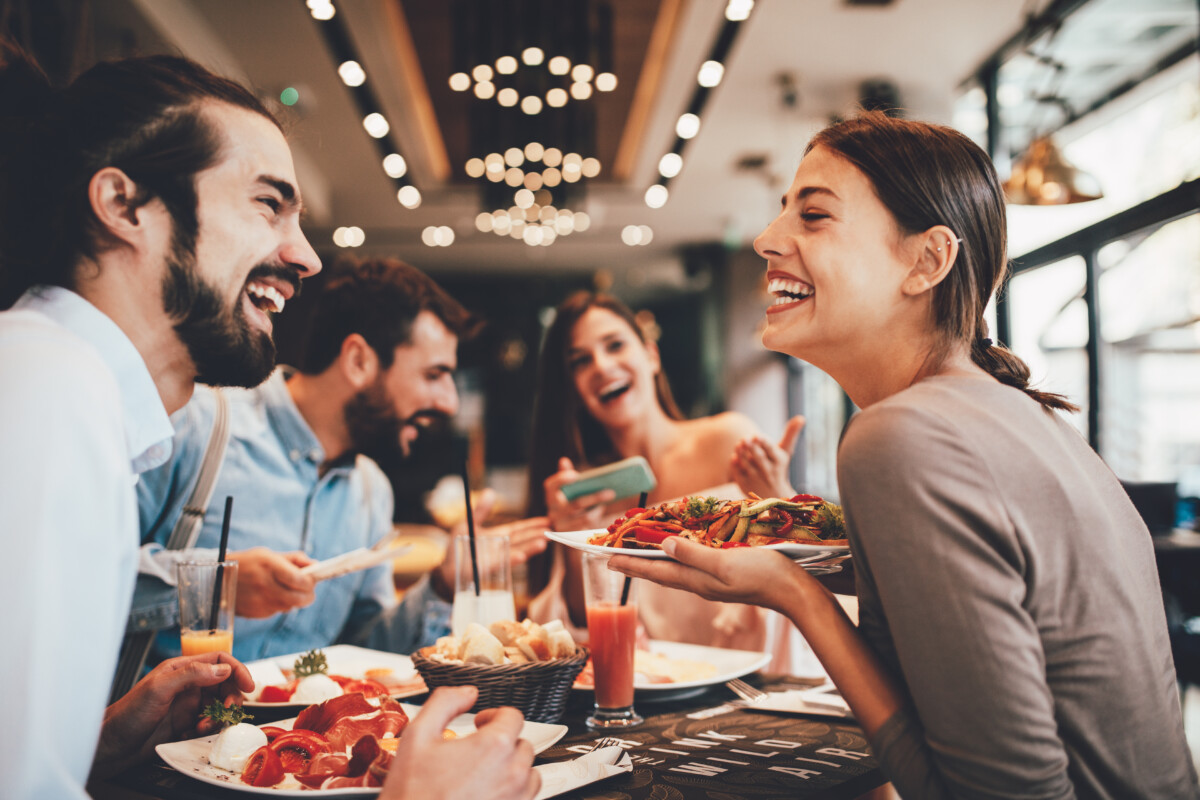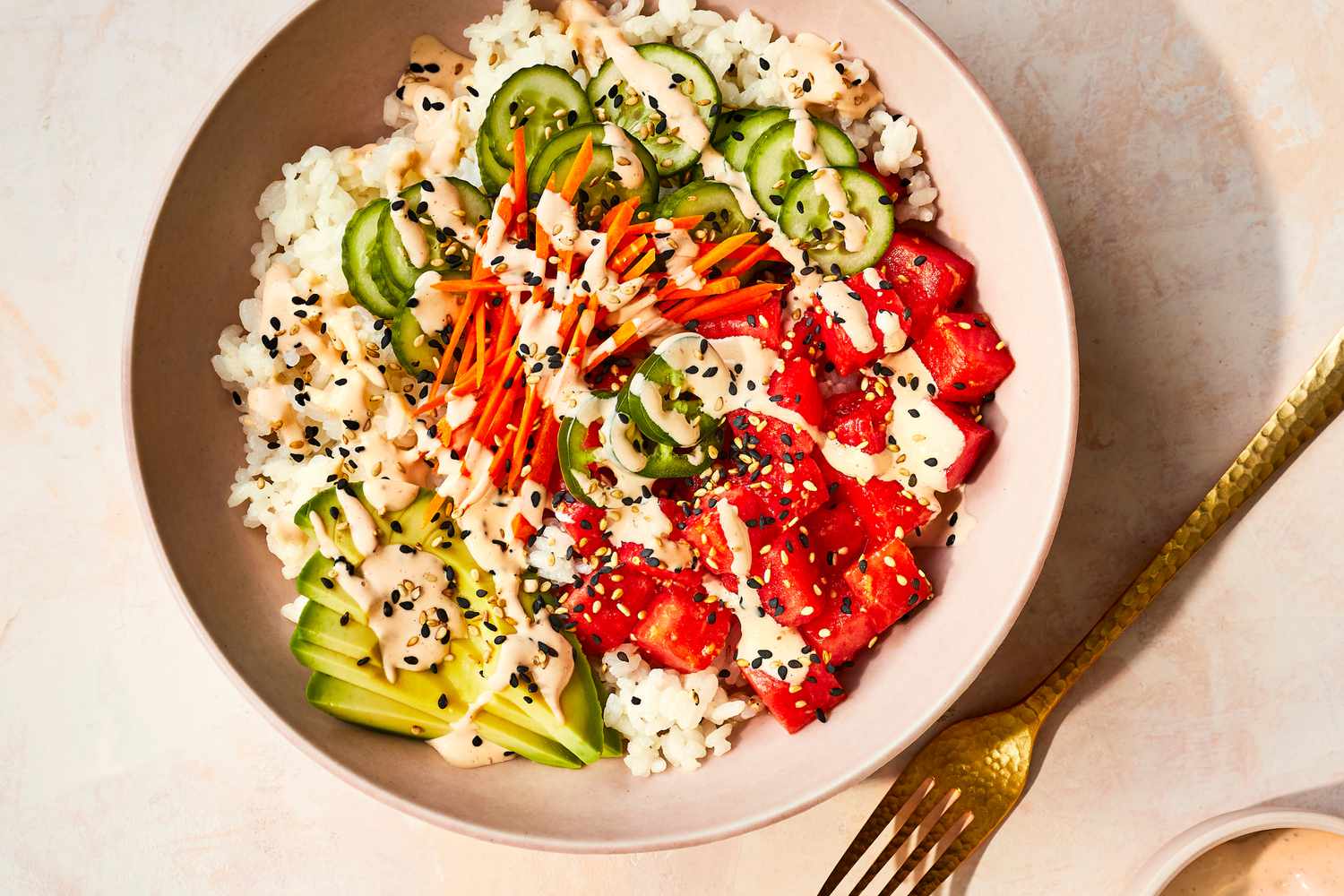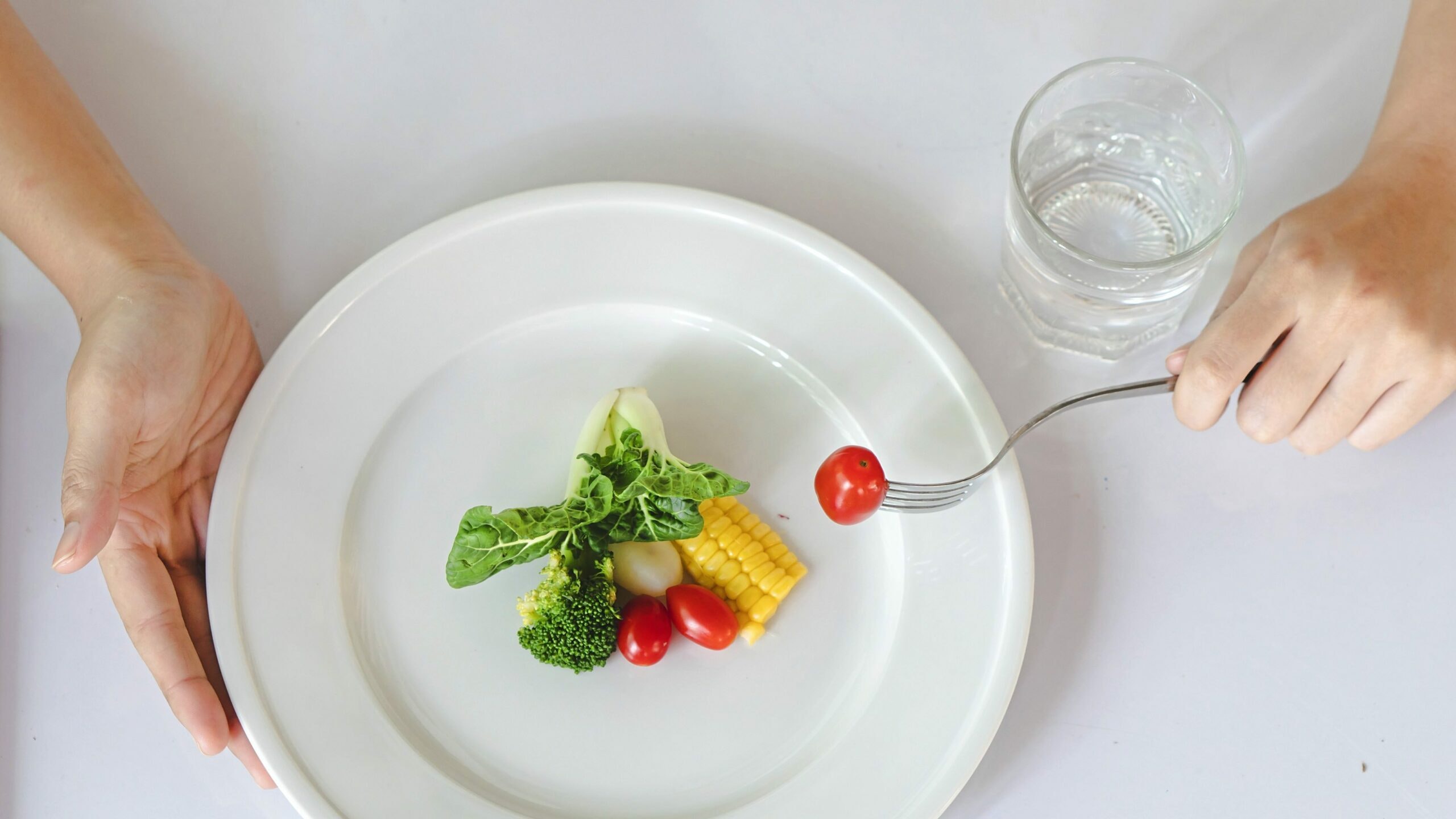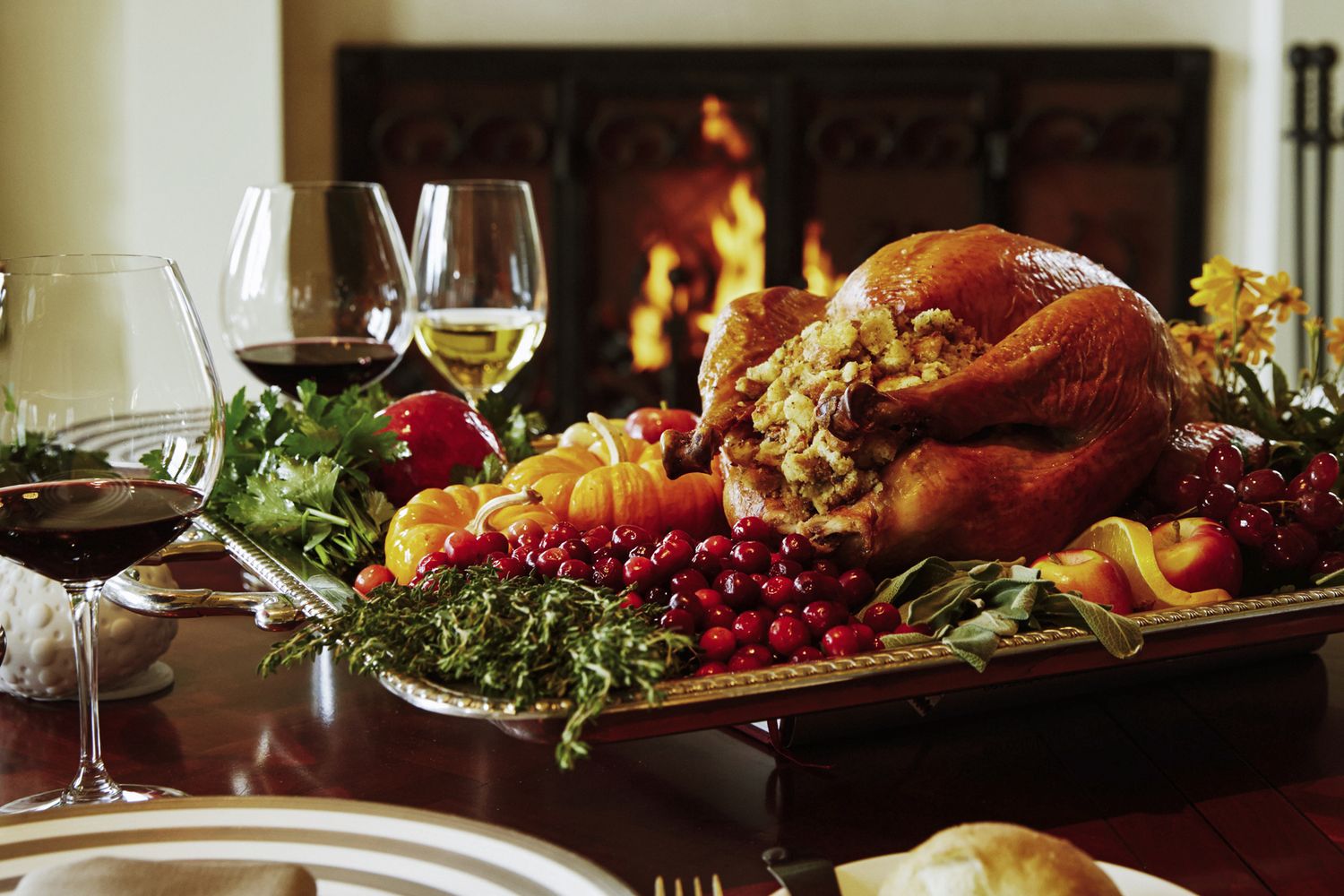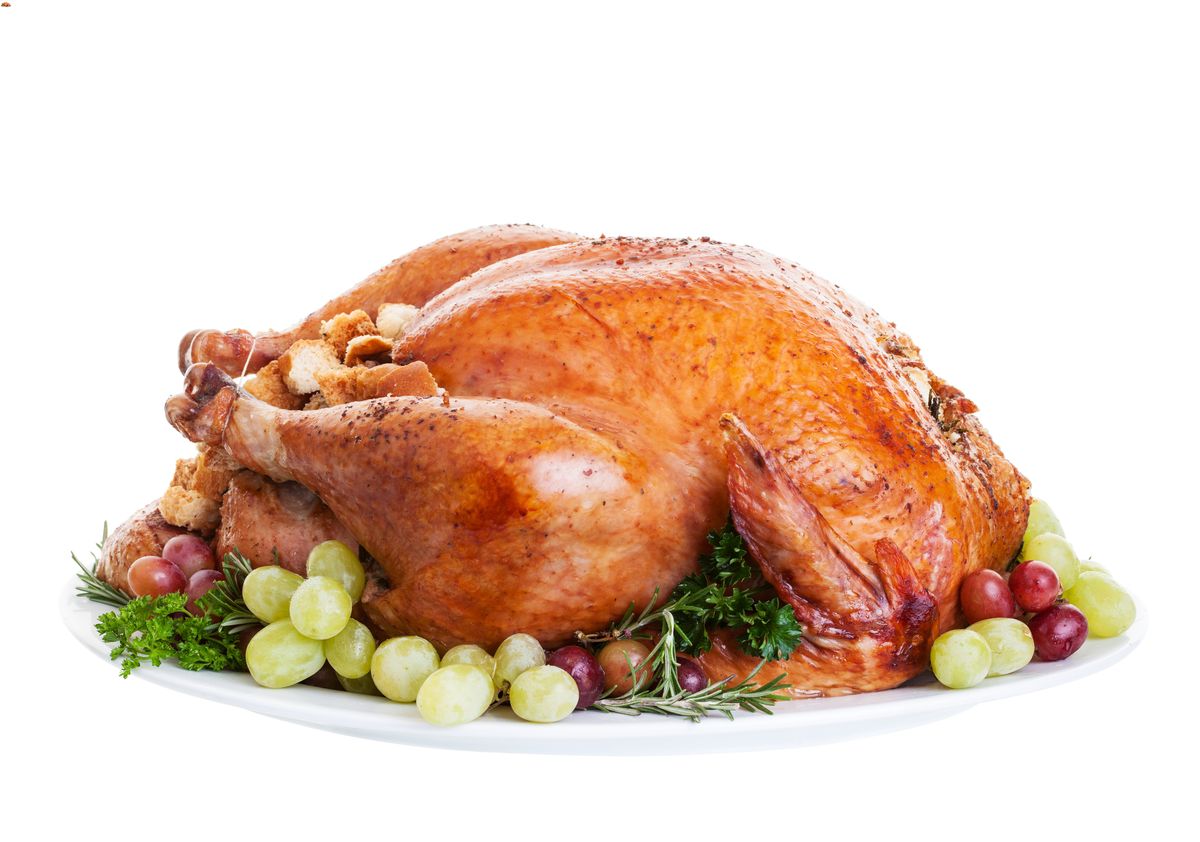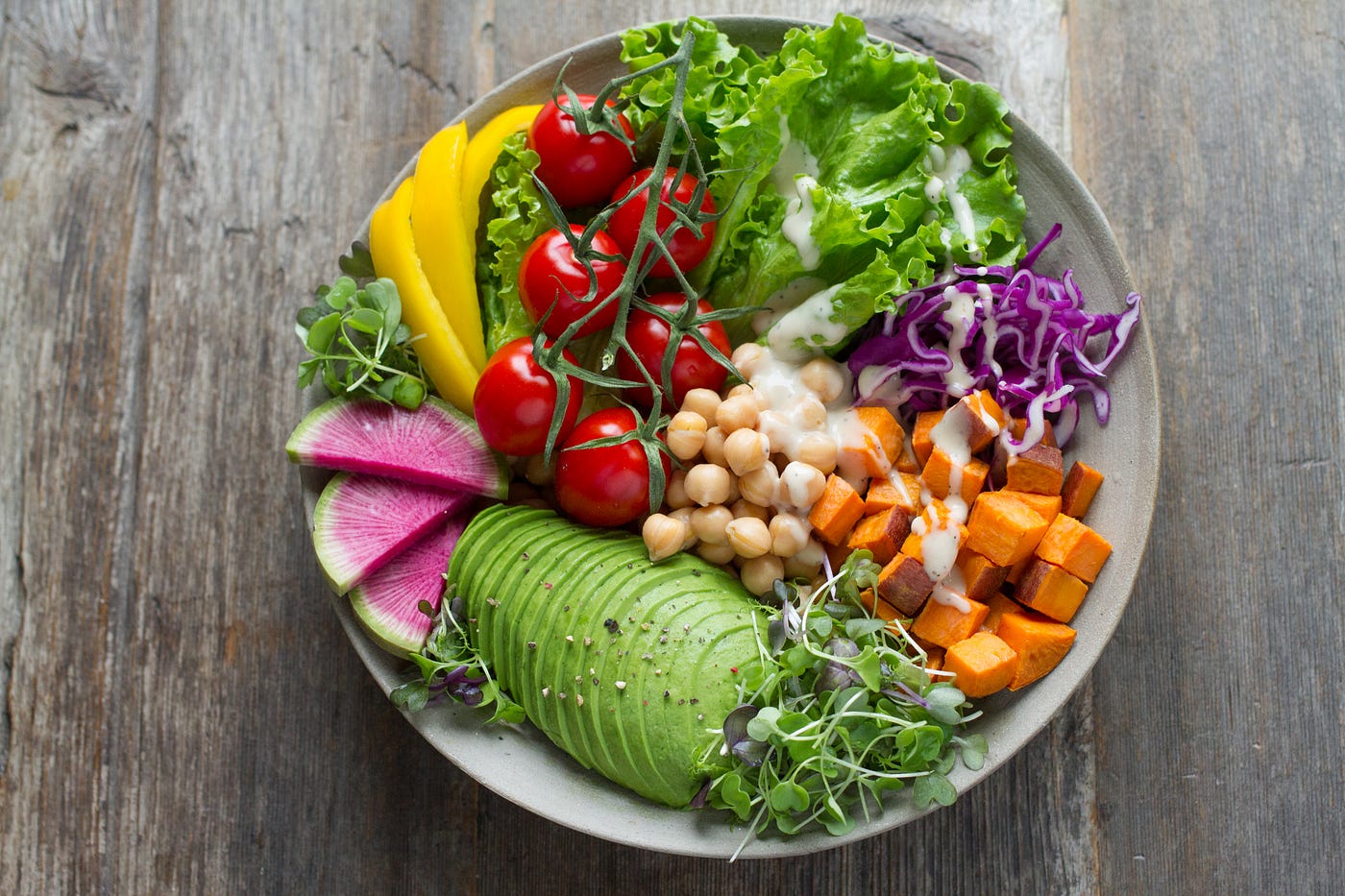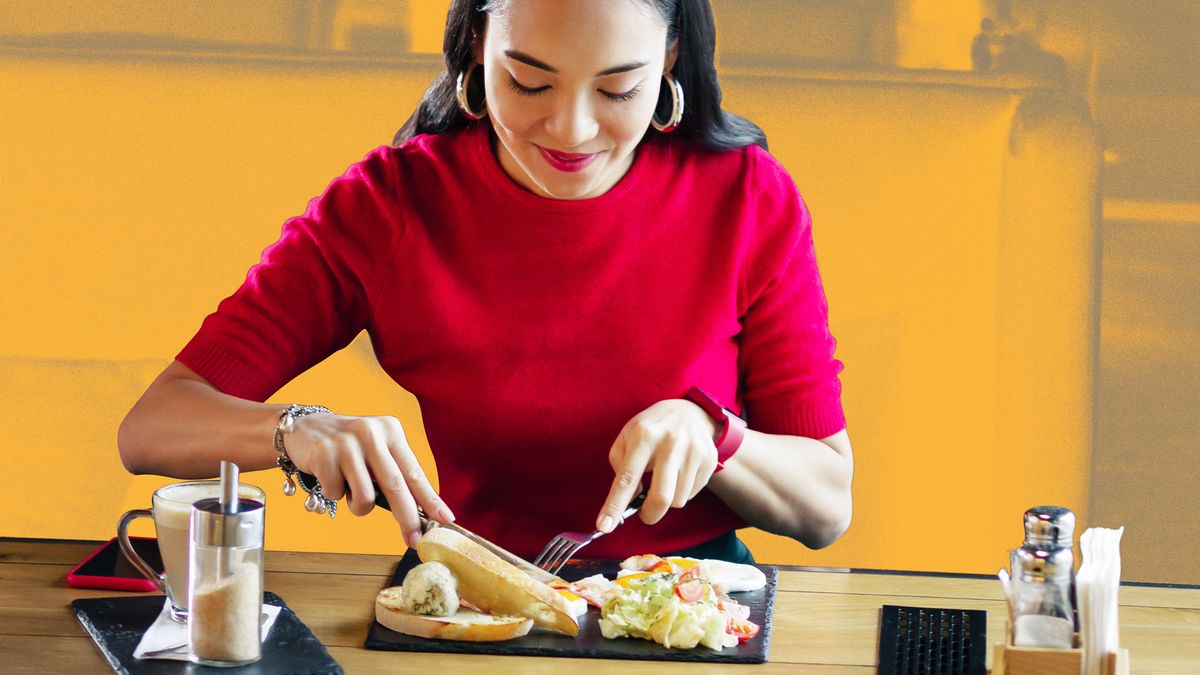5 Tips for Eating Less at Dinner
Do you find yourself overeating at dinner time? It’s a common struggle for many people, but there are strategies you can use to help control your portion sizes and eat less. By making a few simple changes to your eating habits, you can enjoy a satisfying meal without overindulging. Here are five tips to help you eat less at dinner:
- Start with a Salad: Begin your meal with a large, leafy green salad. The fiber and water content in the vegetables will help fill you up, making it easier to eat less during the main course.
- Use Smaller Plates: Opt for smaller dinner plates to help control portion sizes. Research shows that people tend to eat less when they use smaller plates, as it creates the illusion of a fuller plate.
- Chew Slowly and Mindfully: Take your time to chew each bite thoroughly and savor the flavors of your food. Eating slowly gives your body a chance to register fullness, which can help prevent overeating.
- Drink Water Before Eating: Sometimes, feelings of hunger are actually signs of dehydration. Drink a glass of water before sitting down to dinner to ensure that you’re not mistaking thirst for hunger.
- Practice Portion Control: Use the “half-plate rule” to guide your portion sizes. Fill half of your plate with vegetables, one-quarter with lean protein, and one-quarter with whole grains. This balanced approach can help you eat a well-proportioned meal without overdoing it.
By incorporating these tips into your dinner routine, you can train yourself to eat less without feeling deprived. Remember, it’s not about restricting yourself, but rather about finding a healthy balance that allows you to enjoy your meals while still maintaining control over your portion sizes.
Why Eating Less at Dinner Matters
Reducing your dinner portion sizes can have a positive impact on your overall health and well-being. Here are a few reasons why eating less at dinner is beneficial:
- Improved Digestion: Overeating can lead to discomfort and digestive issues. Eating smaller portions allows your body to process food more efficiently, reducing the risk of indigestion and bloating.
- Weight Management: Controlling your portion sizes at dinner can help you manage your weight more effectively. By consuming fewer calories in the evening, you can create a calorie deficit that supports weight loss or weight maintenance.
- Better Sleep: Large, heavy meals before bedtime can disrupt your sleep. Eating less at dinner can promote better sleep quality and help prevent nighttime discomfort.
- Improved Energy Levels: Overeating can leave you feeling sluggish and lethargic. By eating smaller, well-balanced dinners, you can maintain steady energy levels throughout the evening.
Ultimately, making an effort to eat less at dinner can have a positive impact on your overall health and wellness. By implementing portion control strategies and mindful eating habits, you can enjoy your evening meals without overindulging.
Conclusion
Learning how to eat less at dinner is a valuable skill that can support your health and weight management goals. By incorporating simple strategies such as starting with a salad, using smaller plates, and practicing portion control, you can enjoy satisfying meals without overeating. Remember, it’s all about finding a balance that allows you to savor your food while still being mindful of your portion sizes. With a little practice and intention, you can train yourself to eat less at dinner and reap the benefits of improved digestion, weight management, and overall well-being.
